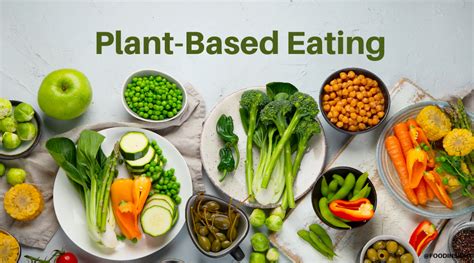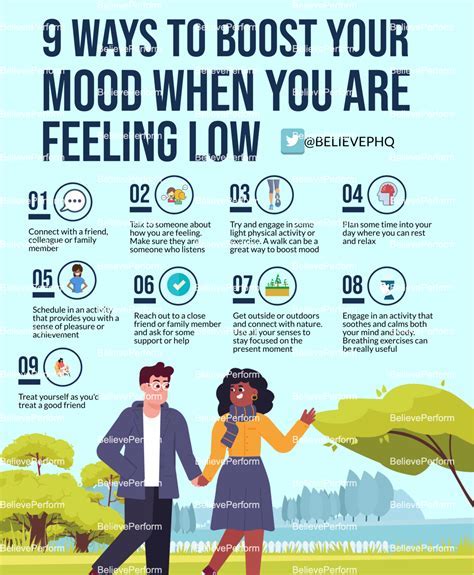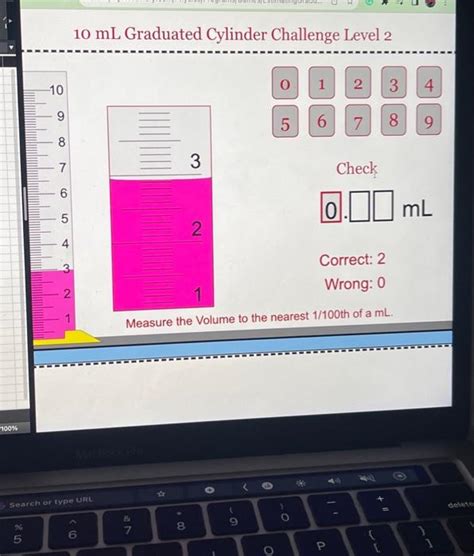Intro
Discover the benefits of a plant-based food diet, rich in nutrients, antioxidants, and fiber, promoting weight loss, improved heart health, and reduced inflammation, with a balanced vegan lifestyle.
The world of nutrition has witnessed a significant shift in recent years, with an increasing number of people adopting a plant-based food diet. This trend is not just limited to vegetarians and vegans, but also includes flexitarians and reducetarians who are making a conscious effort to reduce their meat consumption. The reasons for this shift are multifaceted, ranging from concerns about animal welfare and environmental sustainability to the numerous health benefits associated with a plant-based diet. As the demand for plant-based products continues to grow, it's essential to explore the benefits of a plant-based food diet and how it can positively impact our lives.
A plant-based food diet is not just a passing fad, but a well-researched and evidence-based approach to nutrition that has been shown to have numerous health benefits. From reducing the risk of chronic diseases like heart disease, diabetes, and certain types of cancer, to promoting weight loss and improving overall well-being, the advantages of a plant-based diet are undeniable. Moreover, a well-planned plant-based diet can provide all the necessary nutrients, vitamins, and minerals required for optimal health, making it an excellent choice for people of all ages and backgrounds.
The importance of a plant-based food diet cannot be overstated, particularly in today's world where the prevalence of chronic diseases is on the rise. By making informed food choices and adopting a plant-based lifestyle, individuals can take control of their health and well-being, reducing their reliance on medication and medical interventions. Furthermore, the environmental benefits of a plant-based diet are significant, with animal agriculture being a leading cause of greenhouse gas emissions, deforestation, and water pollution. By choosing plant-based options, individuals can contribute to a more sustainable food system and help mitigate the environmental impact of food production.
Introduction to Plant-Based Food Diet

Types of Plant-Based Diets
There are several types of plant-based diets, each with its own set of guidelines and restrictions. These include: * Vegetarian diet: excludes meat, fish, and poultry, but may include dairy and eggs * Vegan diet: excludes all animal products, including dairy, eggs, and honey * Flexitarian diet: primarily vegetarian, but includes occasional consumption of meat and fish * Reducetarian diet: focuses on reducing meat consumption, rather than eliminating it entirely * Raw food diet: emphasizes uncooked and unprocessed plant foods * Macrobiotic diet: emphasizes whole, locally sourced plant foods and avoids processed and refined foodsHealth Benefits of Plant-Based Food Diet

Nutritional Considerations
While a plant-based food diet can provide all the necessary nutrients, vitamins, and minerals, there are some nutritional considerations to be aware of. These include: * Protein: plant-based sources of protein include legumes, beans, lentils, and tofu * Iron: plant-based sources of iron include beans, lentils, and dark leafy greens * Calcium: plant-based sources of calcium include fortified plant milk, dark leafy greens, and tofu * Vitamin B12: plant-based sources of vitamin B12 include fortified plant milk and cereals * Omega-3 fatty acids: plant-based sources of omega-3 fatty acids include flaxseed, chia seeds, and walnutsEnvironmental Benefits of Plant-Based Food Diet

Sustainable Food Systems
A plant-based food diet can contribute to a more sustainable food system, with benefits including: * Reduced food waste: plant-based diets tend to generate less food waste than animal-based diets * Support for local farmers: buying locally sourced plant-based foods can help support local farmers and promote sustainable agriculture * Promotion of agroecology: plant-based diets can promote agroecology, a farming approach that prioritizes biodiversity, soil health, and ecosystem servicesPractical Tips for Adopting a Plant-Based Food Diet

Meal Planning and Grocery Shopping
Meal planning and grocery shopping can be made easier with a few simple tips, including: * Plan your meals: take time to plan your meals for the week, including breakfast, lunch, and dinner * Make a grocery list: make a list of the ingredients you need and stick to it when you're at the store * Shop the perimeter of the store: focus on whole, minimally processed foods, which are often found on the perimeter of the store * Buy in bulk: buying in bulk can save you money and reduce packaging wasteCommon Challenges and Solutions

Overcoming Challenges
Overcoming these challenges requires a few simple strategies, including: * Seeking support: connect with others who follow a plant-based diet for support and advice * Meal planning: plan your meals in advance to ensure you're getting enough nutrients and variety * Finding plant-based alternatives: look for plant-based alternatives to your favorite foods to make the transition easierWhat are the benefits of a plant-based food diet?
+A plant-based food diet has numerous health benefits, including reducing the risk of heart disease, weight loss, and improved blood sugar control. It can also contribute to a more sustainable food system and reduce environmental impact.
How do I ensure I'm getting enough protein on a plant-based diet?
+Plant-based sources of protein include legumes, beans, lentils, and tofu. It's also important to eat a variety of whole, minimally processed foods to ensure you're getting enough protein and other essential nutrients.
Can a plant-based diet be expensive?
+A plant-based diet can be affordable and cost-effective, especially if you focus on whole, minimally processed foods and buy in bulk. It's also important to plan your meals and make a grocery list to avoid food waste and save money.
In conclusion, a plant-based food diet offers numerous benefits for our health, the environment, and animal welfare. By adopting a plant-based lifestyle, individuals can take control of their health and well-being, reduce their reliance on medication and medical interventions, and contribute to a more sustainable food system. With a little planning and creativity, a plant-based diet can be easy, enjoyable, and rewarding. We invite you to share your experiences and tips for adopting a plant-based food diet, and to join the conversation about the benefits and challenges of this lifestyle choice.
